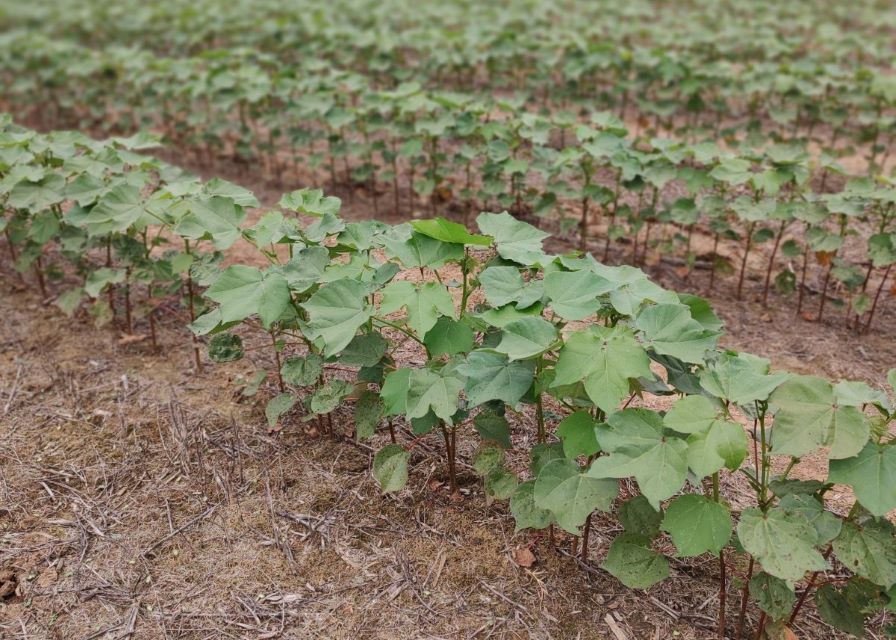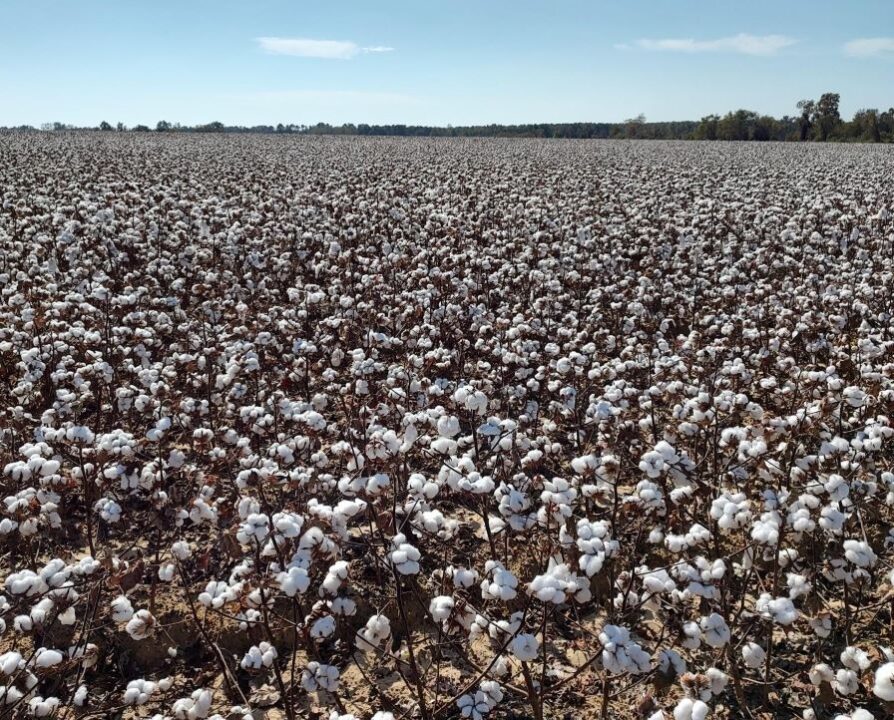Proactively Managing Resistance
Season-long weed control is vital to combating tough weeds on the farm. Roundup Ready Cotton Performance Plus, a Monsanto residual herbicide program, is being enhanced in 2010 to help farmers proactively manage the problem of glyphosate-resistant Palmer amaranth.
By participating in the Roundup Ready Cotton Performance Plus program, farmers can receive rebates of up to $12.50 per acre from Monsanto for using qualifying residual herbicides as part of the Roundup Ready and Genuity Roundup Ready Flex cotton systems.
The program, which is offered in the Southeast and Delta regions of the Cotton Belt, is being improved for 2010 by providing increased flexibility in the timing of residual herbicide applications.
“We’re recommending that farmers use residual herbicides and approach every field proactively,” said Dr. Rick Cole, Monsanto Technology Development Manager. “The 2010 program supports the use of the right residual herbicide at the right timing to allow farmers to follow the best recommendations for their areas.”
“We want you to spend this money,” added Dave Rhylander, Brand Manager, Deltapine. “I’ll give you an analogy: If you don’t use the whole system, you’ll have still have problems. When my boys get sick, I take them to the doctor. The doctor gives them 20 pills and tells them to take one pill a day for 20 days. They’ll take a pill for five days. They’ll start to feel good and stop taking them. Then two weeks later, they have a relapse. I tell them that the doctor gave them 20 pills for a reason. He didn’t say take five. He said take the full amount. So when you think about Performance Plus, that’s what we want you to do — use the whole amount.”
Season-Long Approach
Monsanto recommends a season-long weed control approach that includes residual applications throughout the growing season for — preplant, early post and layby. “Research shows that one residual application will not be effective in controlling pigweed,” Cole said. “To be successful fighting it, you need a total system that includes the option for multiple residual herbicides. We’ve found that where farmers have done so, they have a lot cleaner fields.”
David Cox of Unadilla, Georgia, said it is important to be proactive in fighting Palmer amaranth. “We have to pull out all the stops and use these residuals. This program offsets some of the cost, and that’s a benefit to us,” he said.
Monsanto includes herbicides from several suppliers and, in fact, does not produce or sell any of the qualifying residual herbicides. The program goal, Cole said, is to help farmers reduce weed pressure and maximize their yield potential.
“Glyphosate-resistant Palmer pigweed is a challenging weed to control,” he noted. “Monsanto has been working with producers and academics to develop solutions since the first instance of resistance was found in 2004, and many growers are using these solutions with success today. But you have to use the complete system to manage pigweed.”
The 2010 Performance Plus program will cover use of Valor, Reflex, diuron or Cotoran herbicides for residual control at pre-plant or pre-emergence, as well as Dual Magnum early post-emergence. The program also allows a grower to use the residual herbicides listed above at layby, if allowed by the label.
Each product can be used only once as part of the program.
Farmers interested in participating are encouraged to contact their Monsanto authorized retailer or sales representative for details, or visit genuity.com
Editor’s note: Some information was provided by Monsanto.









